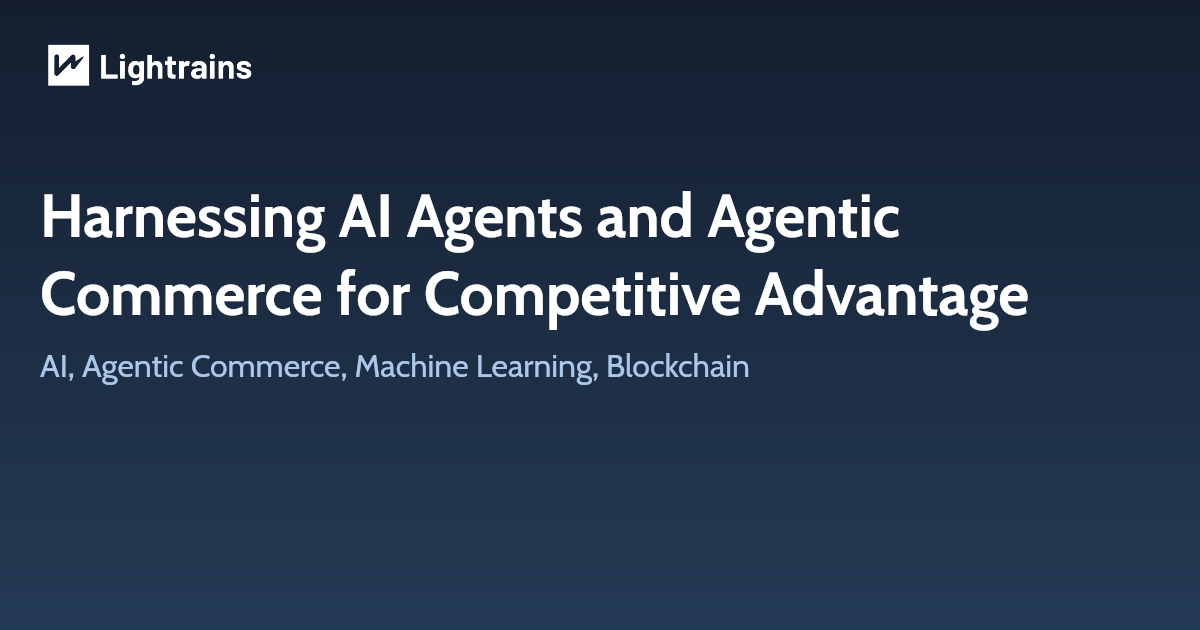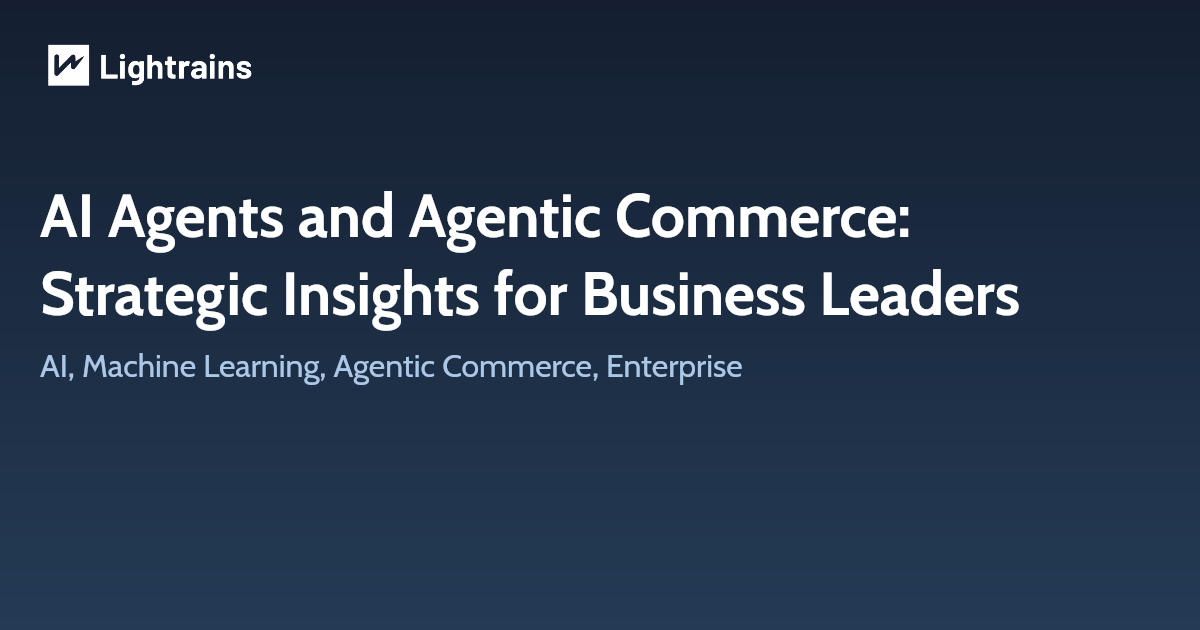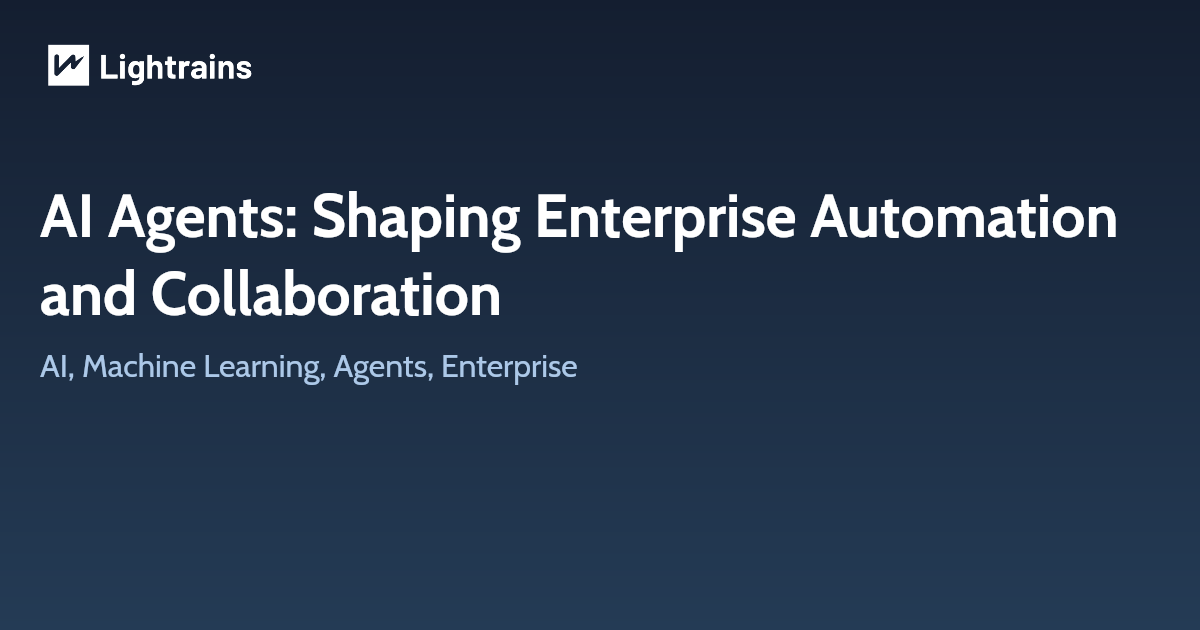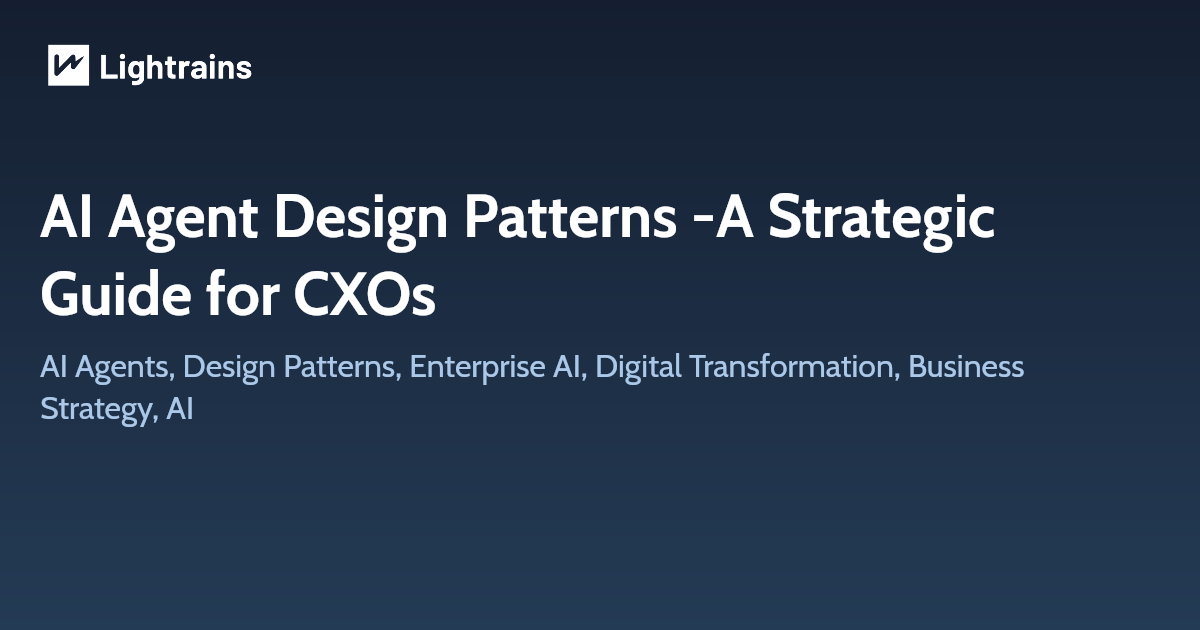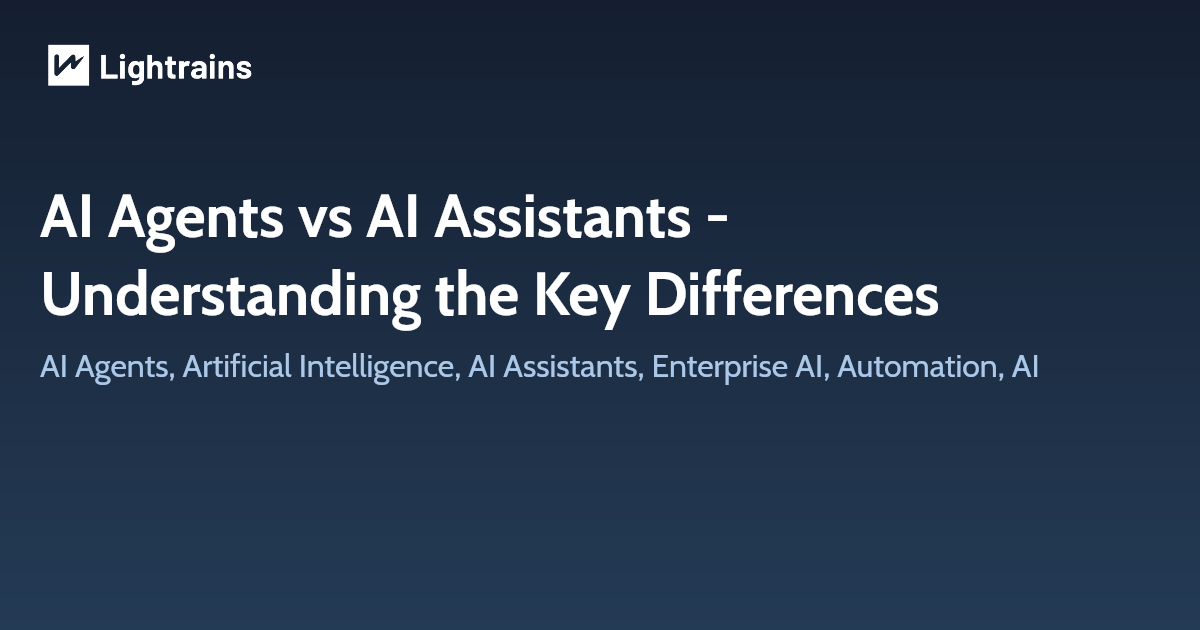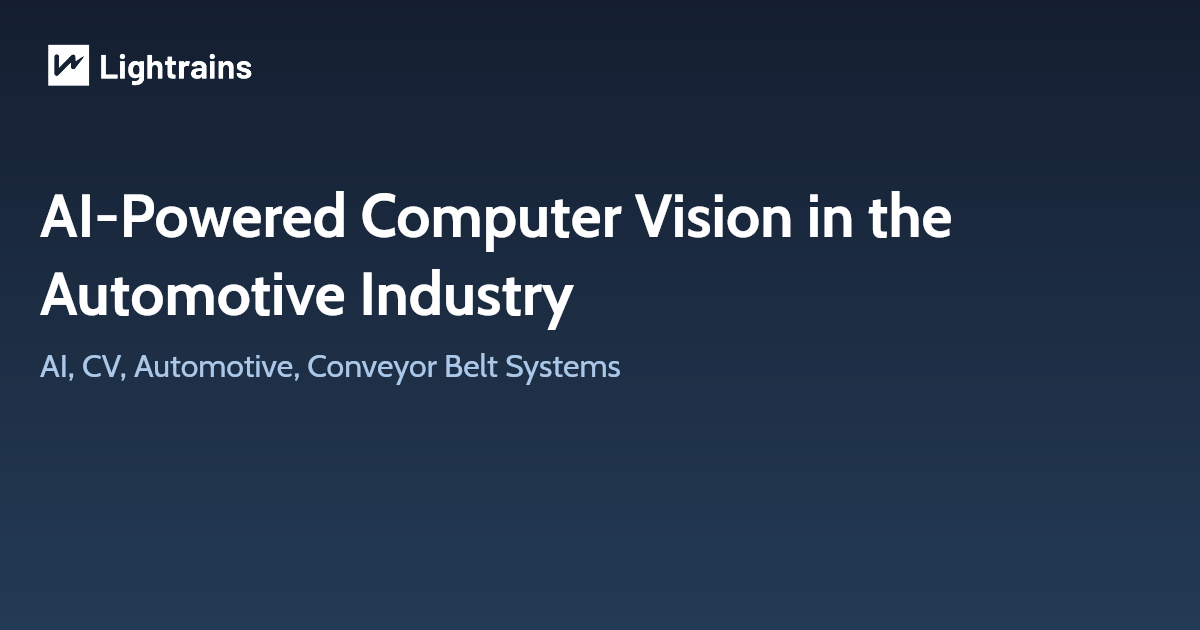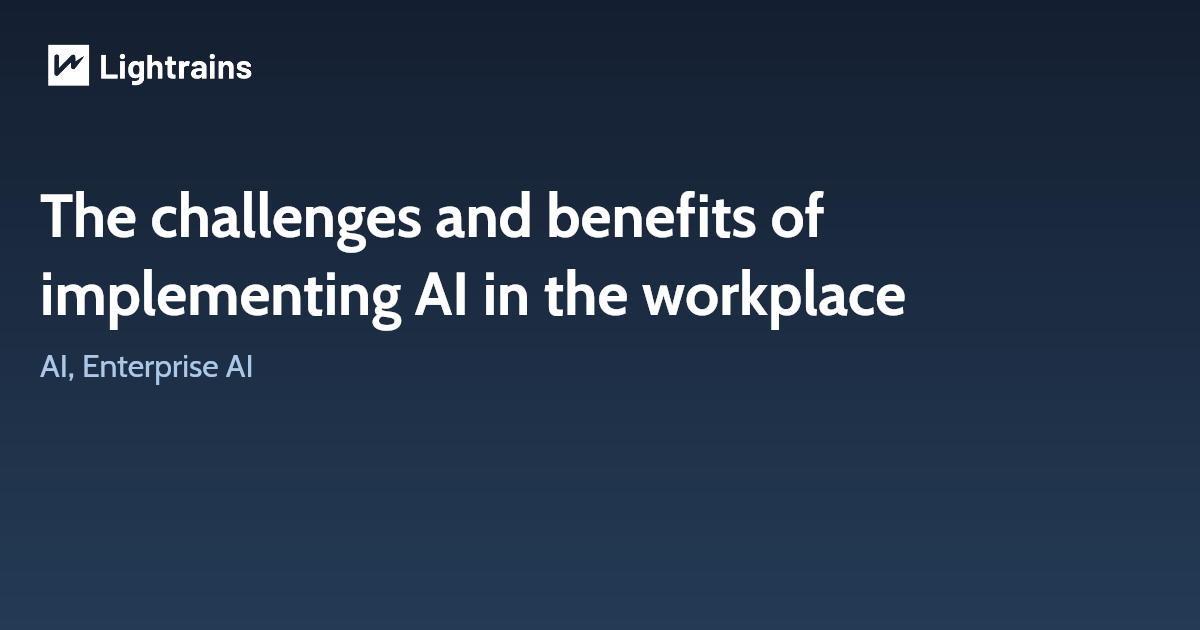
Artificial Intelligence (AI) is rapidly changing the way we live and work. As the technology advances, more and more companies are exploring how they can use AI to improve their operations and stay ahead of the competition. However, implementing AI in the workplace is not without its challenges, and organizations must be prepared to address them in order to reap the benefits of this cutting-edge technology.
One of the biggest challenges of implementing AI in the workplace is finding the right balance between automation and human involvement. While AI can automate many tasks and free up human time for more strategic work, it’s important to ensure that the technology is being used in a way that supports, rather than replaces, human workers. Another challenge of implementing AI in the workplace is ensuring that the technology is being used ethically and responsibly. As AI algorithms make decisions and perform tasks, there is a risk that they may perpetuate existing biases or perpetuate harmful outcomes. Organizations must take steps to ensure that the AI they implement is free from bias and that it is being used in a responsible, ethical manner.
Despite these challenges, there are many benefits to implementing AI in the workplace. One of the biggest benefits is increased efficiency. By automating repetitive tasks, AI can free up human time and resources, allowing organizations to focus on more strategic initiatives. Additionally, AI can provide organizations with valuable insights into their operations, helping them to identify areas for improvement and making more informed decisions. Another benefit of implementing AI in the workplace is improved customer experience. AI algorithms can be used to provide customers with personalized, real-time support, improving the customer experience and increasing customer satisfaction.
Finally, implementing AI in the workplace can also lead to increased innovation. By freeing up human time and resources, AI can help organizations to explore new, cutting-edge technologies and create new products and services.
In conclusion, implementing AI in the workplace presents both challenges and benefits. Organizations must be prepared to address the challenges in order to reap the benefits, such as increased efficiency, improved customer experience, and increased innovation. With the right approach, AI has the potential to revolutionize the way we work and lead to a better, more efficient, and more innovative future.
This article originally appeared on lightrains.com
Leave a comment
To make a comment, please send an e-mail using the button below. Your e-mail address won't be shared and will be deleted from our records after the comment is published. If you don't want your real name to be credited alongside your comment, please specify the name you would like to use. If you would like your name to link to a specific URL, please share that as well. Thank you.
Comment via email